Sharing her story of life, death and faith
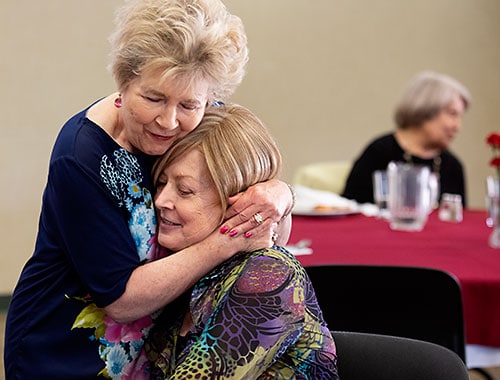
Claremont resident Carol Wiese wants you to know that when you die, all that will matter is that you loved, were loved by others and that God is love.
That may sound like a line from an inspirational poster until you learn that Ms. Wiese was brought back from death multiple times, only to be told that in fact the doctors could not save her.
Nothing could be more powerful than her own words:
“It had been 59 days since my heart attack. For two months, I had balanced between life and death. The doctors came into my room in the ICU at Cedars-Sinai. They stood silent for a few moments, staring without blinking. I blinked at them, hoping for good news.
My machines pumped and bubbled in the silence and I reached for my husband. His strong reassuring fingers closed around mine, as they had so many times before on
The heart doctor finally spoke, his voice heavy and slow, ‘There is nothing else we can do. We have tried everything we know to make your heart stronger. Your lungs are filling with fluid and we can’t keep up. You are going to die. We will start palliative care to make you comfortable.’”
On February 22, 2018, Ms. Wiese—who was 62 at the time—had a massive “widow maker” heart attack while hiking in the hills above Claremont. Her husband Bill called 9-1-1 and she was transported to Pomona Valley Hospital Medical Center. An angiogram showed the three main arteries to her heart were blocked.
“They had to put in two stints; that’s when I coded the first time,” she said, using the medical term for a patient who has no heartbeat and is not breathing. “My heart stopped another two times while they attempted to open the artery. Apparently, I coded again the next day.”
These words opened her talk, “Life’s Surprises and Medical Miracles,” at the University Club of Claremont’s weekly meeting last month.
The surprise, of course, is that Ms. Wiese is still around to tell her story. The miracle came one day after the doctor’s grim news. Following much debate, the medical staff decided to fast track Ms. Wiese for a heart and kidney transplant.
Following his wife’s speech, Bill Wiese shared the agonizing process of being her advocate, including an ethical quandary that haunted him for two weeks until he finally had to take a stand.
“Not six months before this happened to Carol, we had signed a DNR [do not resuscitate order],” Mr. Wiese shared. “When I saw Carol for the first time after the ambulance ride she had already been resuscitated four times. I was the only one who knew there was a [DNR] and it became a crushing ethical conflict.”
He described the wires and tubes of every description connected to his wife—like a starship—lights everywhere, machines helping her breathe and making her kidneys work. But Carol was there in body alone. “I stood watching her knowing this was not what she wanted.”
Mr. Wiese resolved to ask his wife whether she wanted the machines unplugged, and instructed the doctors to dial back the medications so her thinking would be as clear possible. With his adult son Jack at his side, they asked Ms. Wiese if she wanted to turn the machines off even if it meant she would die, and her response was “yes.” Changing the wording he asked again, but she did not change her mind.
Then Jack asked her whether she wanted to think about the decision. The two men left Ms. Wiese alone for about 10 minutes and when they returned she said she wanted to live.
Around that time, Ms. Wiese had an epiphany. Jesus visited her and smiled as they walked on water. “He told me that miracles were fun. From that point forward I smiled and talked, and got on with the program.”
Ms. Wiese had two additional saviors, her husband and son, who advocated for her care, hanging her picture adjacent to the bed and sharing her life story with staff to make her more than just another patient. They researched every procedure and were involved in every decision.
“Here is where the importance of advocacy comes in,” Ms. Wiese said. “I had my amazing husband, son, family and friends and they prayed. I believe in the power of prayer. As my sister says, ‘Only God can move mountains, but prayer moves God.’”
Human organs are scarce and doctors do not approve transplants unless the patient is healthy. Ms. Wiese was not healthy—she was dying—but medical personnel were so impressed by her strong support group and positive attitude that they made the unusual decision to approve the transplants.
“They told Bill privately they did not think I would live more than one or two days without a transplant. But we prayed. I lasted 10 days, long enough to be blessed with a new heart and kidneys. My donor was a 30-year-old man, and that is all I will every know of him unless his family chooses to contact me.”
The only physical sign of her journey is a computerized left leg that replaces the one that had to be amputated because of a blood clot. A year later, she has returned to work selling real estate and recently celebrated Mr. Wiese’s 70th birthday in Las Vegas.
The other message Ms. Wiese wants everyone to get is that it is critical that people become organ donors. “I have always been a donor but I never thought I would need a donor,” she said.
According to Donate Life California, residents can become organ donors by simply checking “yes” when applying for or renewing an ID at the DMV. Anyone, regardless of age or health, can be a donor and 22,000 people are currently on organ waiting lists. Visit donatelifecalifornia.org for complete details, including other ways to help.
At the University Club, longtime Claremont resident Frank Hungerford introduced himself to Ms. Weise and said, “I heard a number of people say that it’s a miracle that you are here.”
Ms. Wiese responded, “Thank you, I am a miracle.”
—Steven Felschundneff
steven@claremont-courier.com



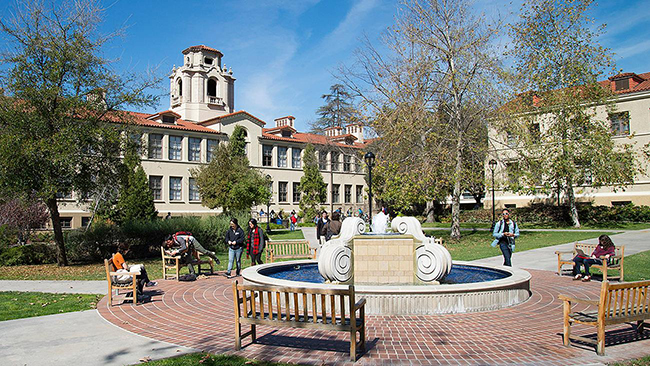
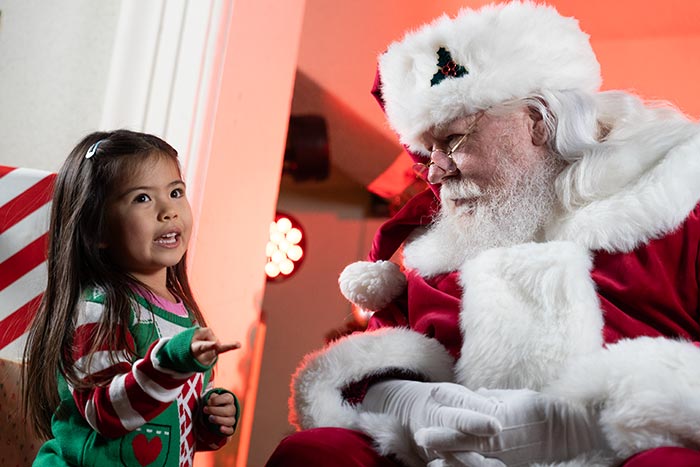
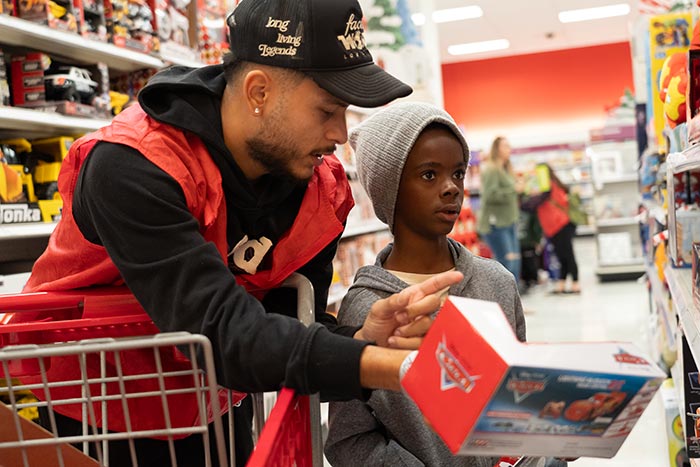

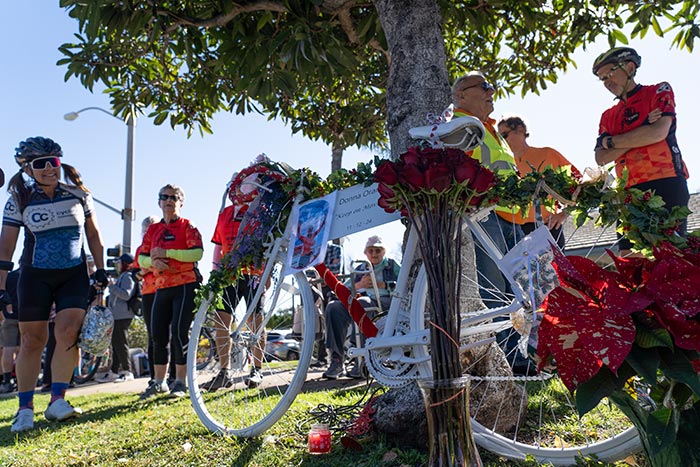


0 Comments